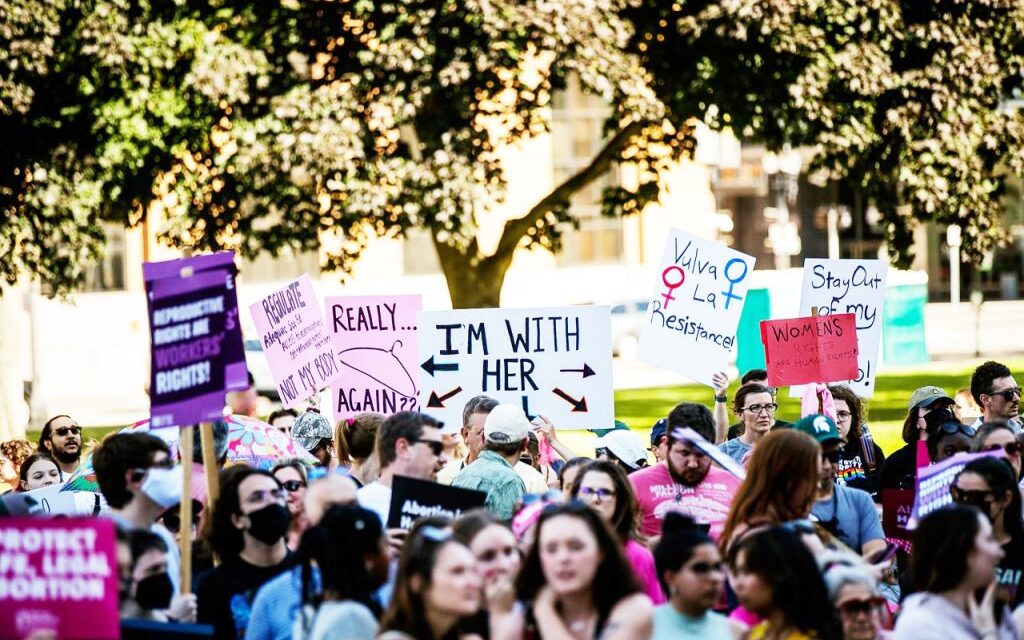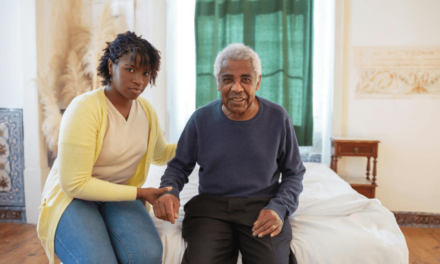So the U.S. Supreme Court overturned Roe v. Wade, and Justice Clarence Thomas, in concurring with the opinion of Justice Samuel A. Alito Jr., wrote that the court should reconsider other seemingly settled cases.
Like whether married couples have a right to use contraception.
Whoa. It was a tough day to have a uterus. Again.
Or whether people of the same gender can be married, or have sex in the privacy of their homes.
Whew. It’s like we’re racing forward … to the past.
Alito was careful – insistent, even – to say the ruling dealt only with abortion, which he argued “is not deeply rooted in the nation’s history and tradition.” The ruling shouldn’t apply to those issues Thomas talked about, he made a point to express. And Justice Brett M. Kavanaugh said much the same.
But then, Kavanaugh and Justice Neil Gorsuch assured Congress during their confirmations that Roe v. Wade was established precedent.
Oops.
So LGBTQ people and couples are freaking out at the prospect of losing their rights, the lives they built on the promise of equality. Acceptance has been a hard-fought and recent victory. Of course they are worried. Bans on dancing have deeper roots in American history than acceptance of gay and trans people.
But then, so does allowing evangelists to dictate law in a country that promises freedom of religion. Like in 1916 – speaking of dancing and religion – when Medford, Oregon banned dancing at high school functions to please the preachers.
“We can now at last hold up our heads and bravely defy the devil,” evangelist John Brown (not the abolitionist, of course) said then as he praised the school board. “Because the ban has been put upon that shockingly sinful pastime, dancing, and … the pretty schoolma’ms can no longer chaperone class balls and promenades.”
Make America 1916 Again! I’m sure women and brown folks won’t really mind. And dancers.
If we’re going back, back, back to the beginnings, it’s gonna get bumpy. Especially if we pick and choose the parts of our “roots” that will direct us.
What has deep roots in American history? Sexism. Racism. Cigarette smoking – unless you’re a woman – until it started to cost the insurance companies too much money.
And what is not deeply rooted in the nation’s history? Voting rights for women and Black people. Integration. Corporations as people. The notion that America has always been a Christian nation, or that the First Amendment allows you to impose your interpretation of religion on the rest of us.
You know what else is not deeply rooted in our history? Interracial marriage.
Whoa, now that’s awkward.
I mean, if the High Court really wants to follow Justice Thomas toward reviewing the cases he mentioned, what’s to stop it from taking a long, hard look at Loving v. Virginia, the landmark decision that took down those old laws banning interracial marriage?
I’m surprised Thomas didn’t mention that one. Except, of course, he’s in an interracial marriage, and that would be tough to explain to the spouse.
Maybe it’s just easier to see rights when they belong to you. Which, I suppose, is why that old Lady Justice is supposed to be blindfolded.
Because justice can’t be for just us. Or for those who believe just like us.
Do we really want to go back to a world that denies the rights of women and people we don’t understand? Do we really want to hand future generations a country that offers few rights than our own?
You can’t turn back the spinning of the earth, and you can’t ever make the good old days look good by rolling back the freedoms of Americans.
We can’t progress as a nation without embracing our progress.











